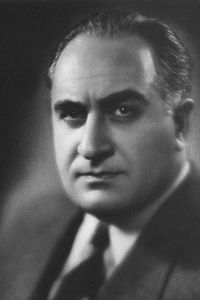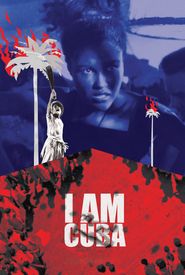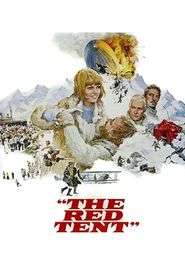Mikhail Konstantinovich Kalatozov, born Mikheil Kalatozishvili on December 28, 1903, was a renowned Soviet film director of Georgian descent, whose remarkable contributions to both Georgian and Russian cinema left a lasting impact on the industry.
Kalatozov's most iconic films, including "The Cranes Are Flying" and "Soy Cuba", have become synonymous with his name, and his work continues to be celebrated and admired by film enthusiasts worldwide. In 1969, he received the prestigious People's Artist of the USSR accolade, a testament to his outstanding contributions to the world of cinema.
Kalatozov's journey to becoming a renowned film director was marked by a series of unexpected twists and turns. Prior to pursuing a career in film, he studied economics and went on to work in various professions before transitioning to the world of cinema as an actor and later, as a cinematographer.
Throughout his illustrious career, Kalatozov directed several documentary films, including the critically acclaimed "Their Kingdom" (co-directed with Nutsa Gogoberidze, the first Georgian female film director) and "Salt for Svanetia" (1930),which showcased his exceptional storytelling abilities and attention to detail.
Kalatozov's academic pursuits took him to the Russian State Institute of Performing Arts, where he enrolled in 1933. He later went on to head the Kartuli Pilmi film studio and was subsequently offered a position at the USSR State Committee for Cinematography.
In 1939, Kalatozov relocated to Leningrad to work at the esteemed Lenfilm studio as a film director. During World War II, he directed several propaganda films and served as a cultural attaché at the Soviet embassy in the United States, utilizing his remarkable skills to promote Soviet culture and ideals to a global audience.
Throughout his life and career, Kalatozov remained dedicated to his craft, leaving behind a lasting legacy that continues to inspire and influence generations of filmmakers to this day.




























